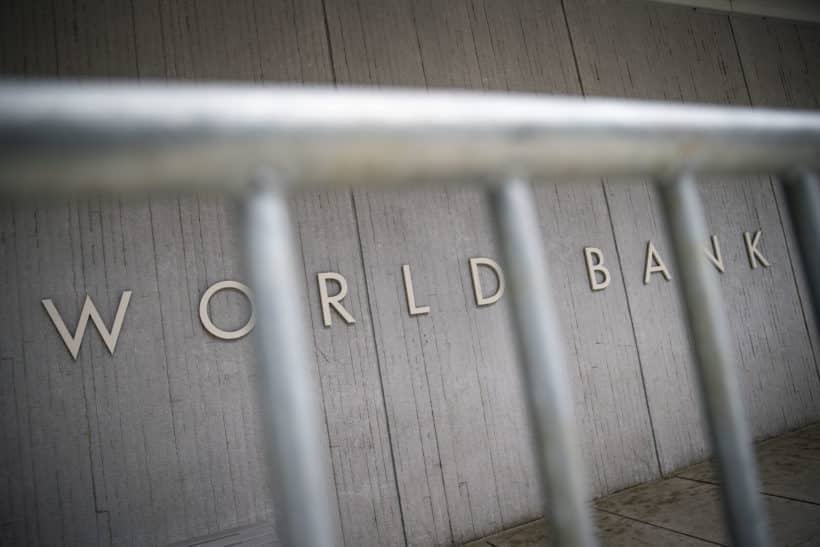
In conversation with the World Bank on the country’s Just Energy Transition ahead pf COP27 in November
The World Bank says it will fund the decommissioning of Eskom’s Komati power station with about $500 million as part of a package to help South Africa’s plans to wean off coal, move to clean energy and address its current energy crises.
The bank’s Vice President for Eastern and Southern Africa Victoria Kwakwa was in South Africa this week where she met with government ministers as part of broad consultations on the country’s Just Energy Transition whose funding has been criticised by some analysts.
“The transition is not just about getting out of coal,’’ she said on CNBC Africa’s Power Lunch. “The transition is also about how the sector is organised, about the effectiveness and efficiency of Eskom as a corporate.”
South Africa’s $8.5 billion Just Energy Transition plan which is being funded by United States, France, Germany, the United Kingdom and the European Union seeks to help build a sustainable energy sector, create jobs as well as boosting economic growth. It also aims to fight against climate change by achieving net zero carbon emissions by 2050.
A report produced by South Africa’s Stellenbosch University earlier this year found the country requires $250 billion over the next three decades to rid the world’s 12th largest emitter of climate warming gasses from its coal dependency.
Kwakwa said transitioning out of coal is expected help South Africa and the rest of the continent on a path to a sustainable economic recovery and competitive economy.
“South Africa matters, there’s a positive spill over effect for Sub Saharan Africa if South Africa does well,” she said. “Given the importance of South Africa, we’re really keen to see it get back on a path of rapid growth.’’
South Africa is finalizing its investment plan for the money pledged by the West for its transition plan ahead of the COP27 climate conference to be held in Egypt at the end of October. About 80 percent of the funds pledged are in loans with the balance in grants, a structure criticised by some because of the debt burden it will place on the country’s future.
“I don’t think it’s a transition that’s simply and purely about delivering a global public good. I think the more important thing is, ‘what’s in it for South Africa?,’” Kwakwa said. “Big results await.”

